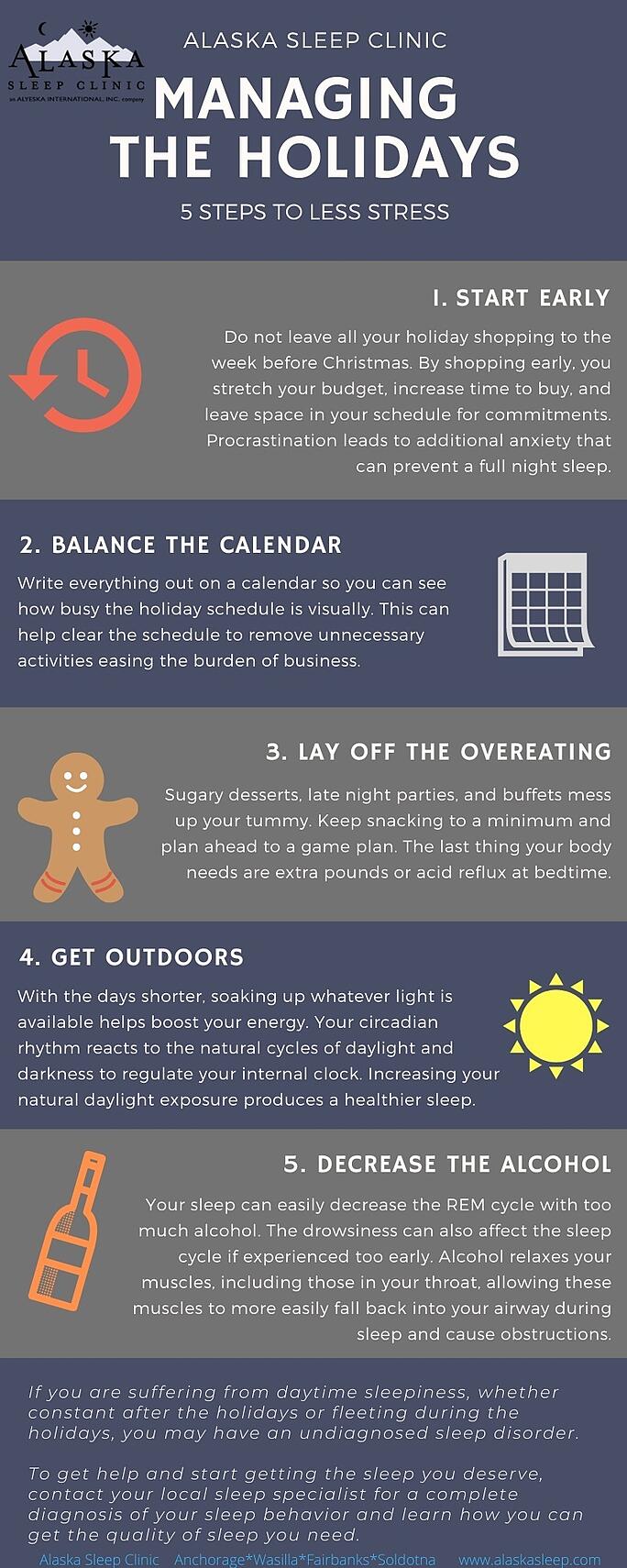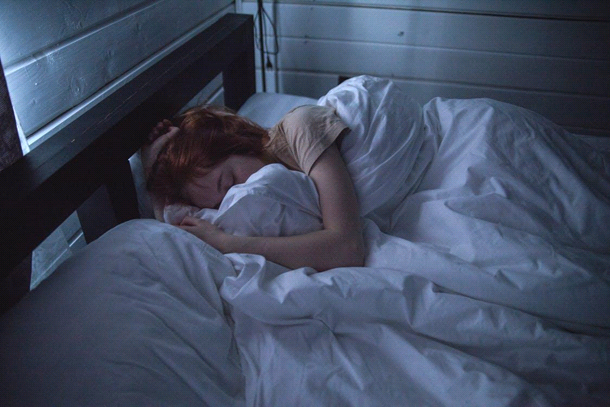Anxiety Disorders and Sleeploss
Have you grown more worried and fearful about life over the years? You aren’t alone. Research has shown that feelings of fear, general anxiety, and nervousness tend to rise with age.
These negative feelings can manifest in many ways. You could be more concerned about your financial future, the risk of a new or returning health problem or injury, or as the recent COVID-19 pandemic has shown, changes in world events.
“People become more fearful about daily life because they worry a setback will come at any time, and it’s something they can’t control,” says Dr. Ipsit Vahia, medical director of Geriatric Psychiatry Outpatient Services at Harvard-affiliated McLean Hospital.
Tell worry to take a walkNeed a mental break from fear or worry? Take a mindful walk during which you focus on your body awareness, movement, breathing, and surroundings. It is a simple way to refresh your mind and be more present. One study found that people who did 30 minutes of mindful walking twice a week for four weeks had less stress and better quality of life. |
A cumulative effect
It’s not clear what drives this mindset. Researchers speculate it could be a combination of biological changes in the aging brain along with the cumulative effects of unhappy life experiences, either your own or those of someone close to you.
These ongoing feelings of fear and worry can have a deep impact on your health. You may become less active and less social, both of which can contribute to frailty, heart disease, and depression.
If not addressed, constant fear and worry may progress to a specific disorder, such as social anxiety disorder, agoraphobia (fear of public places), or generalized anxiety disorder (chronic worrying that may lead to physical problems like chest pain and muscle fatigue).
Anxiety and Trouble Sleeping
Too little sleep affects mood, contributing to irritability and sometimes depression. Vital functions occur during different stages of sleep that leave you feeling rested and energized or help you learn and forge memories. Sleep usually improves when an anxiety disorder is treated.
Practicing good “sleep hygiene” helps, too. Here are some steps to take:
- Go to bed and wake up at the same time every day, even on weekends.
- Daylight helps set sleep patterns, so try to be outdoors while it’s light out for 30 minutes a day.
- Exercise regularly (but not too close to bedtime). An afternoon workout is ideal.
- Keep naps short — less than an hour — and forgo napping after 3 p.m.
- Avoid caffeine (found in coffee, many teas, chocolate, and many soft drinks), which can take up to eight hours to wear off. You may need to avoid caffeine entirely if you
 have panic attacks; many people who experience panic attacks are extra-sensitive to caffeine.
have panic attacks; many people who experience panic attacks are extra-sensitive to caffeine. - Review your medications with a doctor to see if you are taking any stimulants, which are a common culprit in keeping people up at night. Sometimes it’s possible to switch medicines.
- Avoid alcohol, large meals, foods that induce heartburn, and drinking a lot of fluid for several hours before bedtime.
- If you smoke, quit. Smoking causes many health problems, including compromising sleep in a variety of ways.
- Keep your bedroom cool, dark, and quiet, without distractions like TV or a computer. Avoid using an electronic device to read in bed; the light from the screen can trick your brain into thinking it is daytime. If your mattress is uncomfortable, replace it.
- Reading, listening to music, or relaxing before bed with a hot bath or deep breathing can help you get to sleep.
- If you don’t fall asleep within 20 minutes of turning in (or if you wake up and can’t fall back to sleep in 20 minutes), get out of bed and do something relaxing until you feel sleepy.
What is Your Next Step?
If you cannot seem to get to the bottom of what triggers your anxiety and sleepless nights, call Alaska Sleep Clinic today. We are the only sleep lab in the state with a Cognitive Behavior Therapist specializing in sleep medicine, Dr. Angie Randazzo. Watch Dr. Angie’s KTUU “Moms Everyday” Segment on how stress affects sleep by clicking the video below.
We are ready to help you Improve Your Sleep and Improve Your Life.



